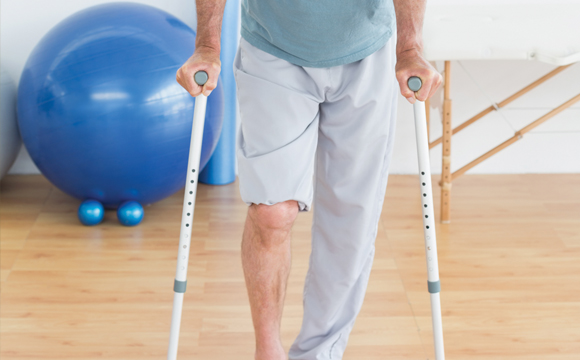The Essential Impact of Resistance Training on Improving Recovery and Effectiveness in Athletic Rehabilitation
The Essential Impact of Resistance Training on Improving Recovery and Effectiveness in Athletic Rehabilitation
Blog Article
Resistance conditioning holds a vital role in sports recovery, helping sportspeople heal from injuries and enhance their overall performance. When an individual gets hurt, their body needs period to heal. However, during this rehabilitation phase, it is crucial to maintain power and mobility to avoid further injuries. Resistance training can be customized to fit the needs of each individual, focusing on particular muscle areas that may have been impacted by the trauma. This focused approach not only assists in recovery but also prepares the athlete to come back to their sport more robust than before.
One of the primary advantages of strength training in recovery is its ability to improve muscle power and stamina. When muscles are more powerful, they can better stabilize joints and minimize the risk of recurrence of injury. For example, an individual healing from a knee trauma can benefit from workouts that strengthen the thigh muscles and hamstrings. These muscular tissues play a vital part in supporting the knee articulation. By including strength conditioning into their rehabilitation plan, athletes can regain their power more effectively and securely.
In addition to building strength, resistance training also improves mobility and range of find out here movement. Many traumas can lead to rigidity in the affected region, causing it difficult for individuals to move freely. Resistance training workouts often include stretching and elongating the muscular tissues, which can help reestablish flexibility. For example, incorporating resistance straps or weights into stretching programs can enhance the effectiveness of these exercises. As mobility enhances, athletes can execute actions more efficiently, which is crucial for peak performance in their activity.
Another crucial factor of resistance training in sports recovery is its beneficial impact on mental health. Recovering from an trauma can be a difficult and exasperating experience for athletes. Participating in resistance training can provide a feeling of achievement and enhance confidence. As athletes see gains in their strength and abilities, they may experience more driven to continue their rehabilitation process. This psychological boost can be just as important as the bodily advantages, as a positive mindset can result to better results in rehabilitation.
Finally, resistance training can help individuals move back to their sport more smoothly. Once they have recovered their strength and flexibility, individuals must to practice activity-specific movements to guarantee they are ready for contests. Resistance conditioning can be integrated with sport-specific exercises to create a comprehensive rehabilitation plan. This blend allows athletes to not only heal but also improve their capabilities. By focusing on both rehabilitation and capabilities, resistance training becomes an essential instrument in the recovery journey, helping athletes come back to their sport more robust and more durable.